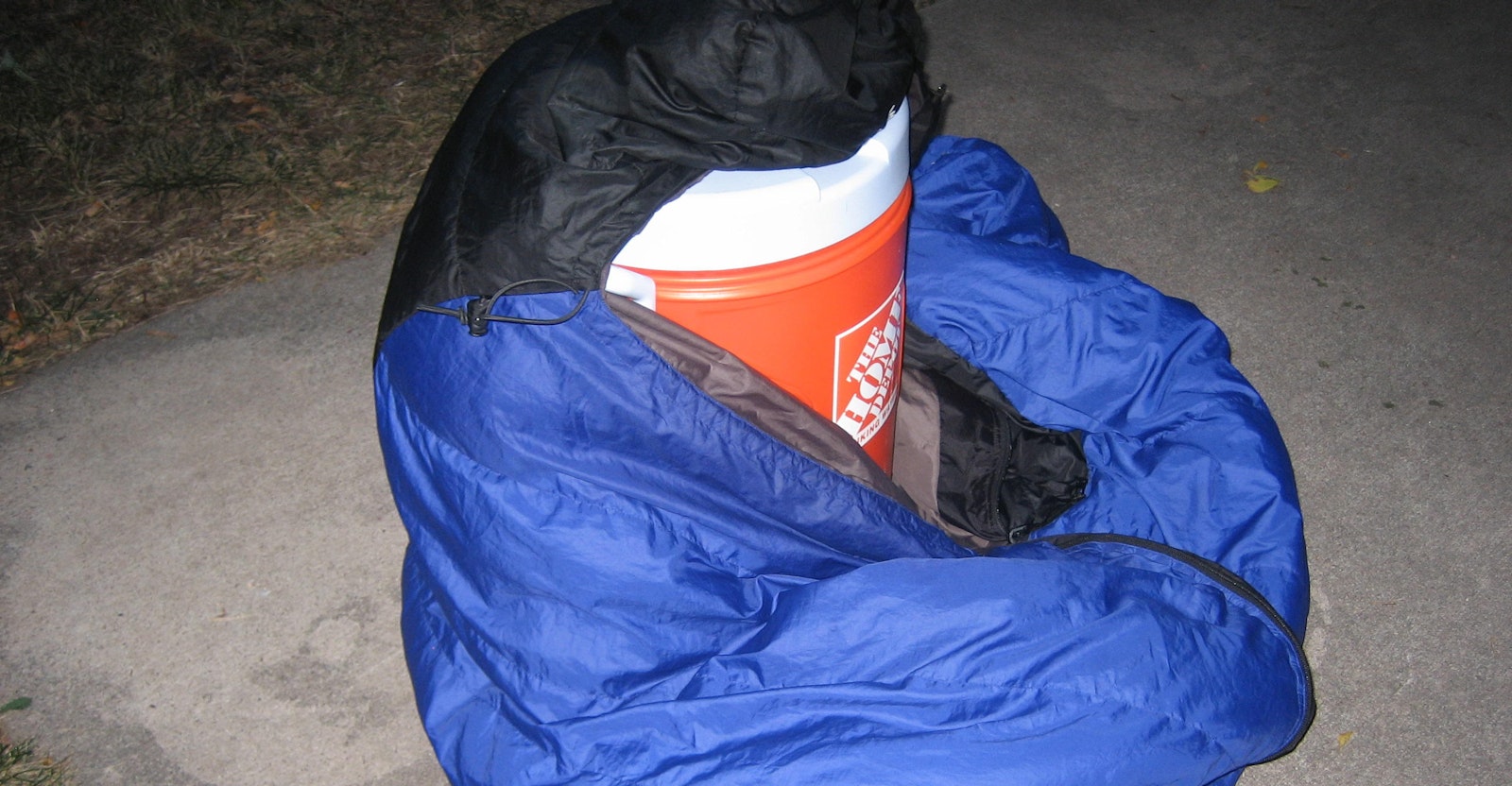There are occasions when even the most dedicated and organized of homebrewers runs out of time to brew. All-grain brewing, especially, can take the better part of a day. But what if you could divide your brew day into two parts? If finding five or six consecutive hours is proving increasingly elusive, then it’s time to consider doing the splits with an overnight mash.
Yes, you read right, and it’s exactly what it sounds like. With an overnight mash, you mash in an hour or two before you go to bed and then sparge, boil, cool, and pitch after you wake up the next morning. Successful overnight mashing means paying attention to a few things.
Attenuation. A long, slow mash tends to produce very fermentable wort. Perfect, say, for bone-dry styles such as saison, but probably inappropriate for a full-bodied British bitter. Make sure you’re prepared for a low terminal gravity when you mash overnight. Or look at it as an opportunity to improve recipes that challenge your normal brewhouse efficiency.
Potential for souring. Theoretically, the Lactobacillus bacteria that live naturally on grain husks could start to sour your wort before you have a chance to boil it. In practice, as long as the temperature remains well north of 130°F (54°C), Lacto can’t really do much. The same goes for acetobacter and other nasties. Nonetheless, be aware that the potential does exist. For your first overnight mash, consider brewing a style that can tolerate a bit of tartness, such as wit or Irish stout. Once you feel confident, you can move on to others.
Insulation. When you mash overnight, the insulating properties of your mash tun become more important, not so much for starch conversion as for keeping bugs at bay. My 5-gallon cooler tun rarely loses more than a degree or so in an hour-long mash, but the first time I mashed overnight, it lost nearly 30°F (17°C). Fortify your mash tun’s insulation (sleeping bags work well), or mash in a kettle and leave it in the oven overnight (assuming your oven is large enough and can hold the appropriate temperature: many ovens aren’t and can’t).
If the idea of leaving a mash to sit doesn’t sit well with you, then another option is to lauter and sparge before you go to bed, but bring the wort just to boiling. Then kill the heat, insulate the boil kettle, and let it wait for you overnight. You can conduct the full boil in the morning while you sip your coffee. Again, as long as the temperature remains sufficiently high, you’ll minimize the risk of contamination.
Overnight mashing is definitely a try-at-your-own-risk technique. But if you lead a busy life and you’re willing to experiment, you might find that an 8-hour nap is a great way to keep brewing.

